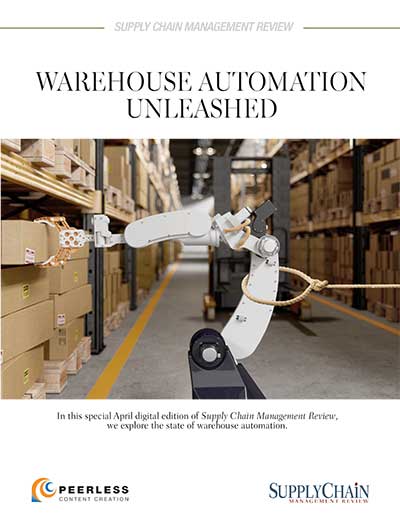Incoterms (International Commerce Terms of Sale) are a set of rules and definitions that define the responsibilities of sellers and buyers for the delivery of goods. Incoterms are published by the International Chamber of Commerce (ICC) and are widely used in international commercial transactions. Incoterms were first published in 1936 and are intended to remove all uncertainty from different interpretation of terms of sale.
You probably recognize some of the most commonly used terms such as Ex-Works (EXW), Free Carrier (FCA), Free On Board (FOB), Cost Insurance and Freight (CIF), and Delivered Duty Paid (DDP). Incoterms 2000 had 13 terms, Incoterms 2010 has 11 terms and so does Incoterms 2020.
Use of Incoterms
Shippers worldwide use Incoterms to spell out who is responsible for shipping costs, insurance, export documentation and import tariffs on items purchased internationally. Because incoterms are standardized and used by most countries, they are typically used to define buyer and seller responsibilities in most international contracts. Logistics professionals use Incoterms to determine which party will be paying for inland trucking, ocean, air, or rail freight, and customs clearance.
Trade Compliance professionals use Incoterms to determine which party is responsible for export documentation and permits, destination customs clearance, and payment of import duty. Customs agencies around the world use Incoterms to help determine the value of goods being imported and for the assessment of tariff duties.
Incoterms Are Updated Every 10 Years
Every 10 years, Incoterms are updated to reflect changes in the global business environment and common practices that have developed during the previous few years. Most companies are currently buying and selling using Incoterms 2010, but a new set of Incoterms are being introduced beginning January 1, 2020 and will soon be adopted for new contracts. There is no government regulations overseeing this adoption, it is simply up to the buyer and seller to choose and document which Incoterms are being used in their contracts.
What is Changing in Incoterms 2020?
First, the introductory text sections have been re-written in common business language, instead of legal jargon. This makes the explanations easier for business people to use. The Incoterms have also been reordered, giving delivery and risk more prominence.
Here are the key changes in Incoterms 2020:
1. Presentation and design is much more user friendly, language in text and notes has been simplified and clarified
2. DAT Incoterm has changed to DPU
3. Insurance points are clarified in CIF and CIP terms
4. Costs and cost structures are now clarified and Incoterms are rearranged
5. Security in relation to transport is now clearly detailed
6. Provisions to allow for private transport are added
7. FCA, FOB and On-board Bills of Lading are addressed
Some of the changes are small and nuanced, but critical to global trade none-the-less.
What Incoterms Are NOT
- A common mis-perception is that Incoterms define where title to the goods passes from seller to buyer. They do not. Where title to the goods passes is defined contractually, not by Incoterms
- Another mis-perception is that Incoterms stand on their own.They do not. Each Incoterm must be followed by a location to be complete, and the more specific the better. For example, just saying “FOB” in a contract is meaningless. “FOB Port of Los Angeles” is better. “FOB Port of Los Angeles Foreign Trade Zone 202” is better yet. This specificity removes ambiguity regarding who is responsible for what, in case of a dispute.
- Another mis-perception is that Incoterms apply to domestic shipments in the U.S. While some companies may reference Incoterms for domestic carriage, the Uniform Commercial Code (UCC) regulations apply to transactions between buyers and sellers in the U.S. (except Louisiana and Puerto Rico).
If you work in global trade, get familiar with Incoterms 2020. They will be in place starting January 1.
SC
MR

Latest Supply Chain News
- Tech investments bring revenue increases, survey finds
- Survey reveals strategies for addressing supply chain, logistics labor shortages
- Israel, Ukraine aid package to increase pressure on aerospace and defense supply chains
- How CPG brands can deliver on supplier diversity promises
- How S&OP provides the answer to in-demand products
- More News
Latest Resources

 Explore
Explore
Latest Supply Chain News
- Tech investments bring revenue increases, survey finds
- Survey reveals strategies for addressing supply chain, logistics labor shortages
- Israel, Ukraine aid package to increase pressure on aerospace and defense supply chains
- How CPG brands can deliver on supplier diversity promises
- How S&OP provides the answer to in-demand products
- AI, virtual reality is bringing experiential learning into the modern age
- More latest news
Latest Resources

Subscribe

Supply Chain Management Review delivers the best industry content.

Editors’ Picks




